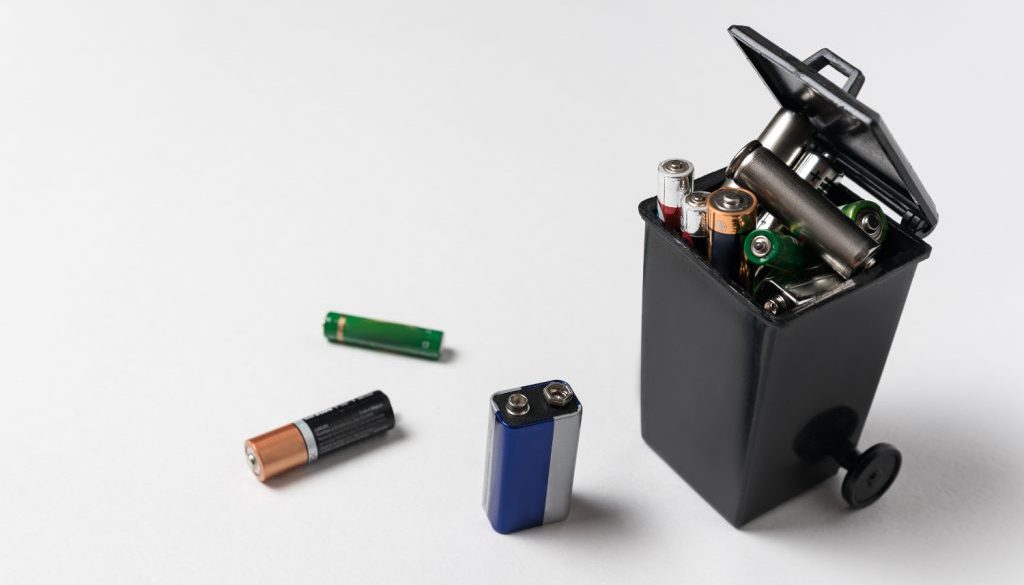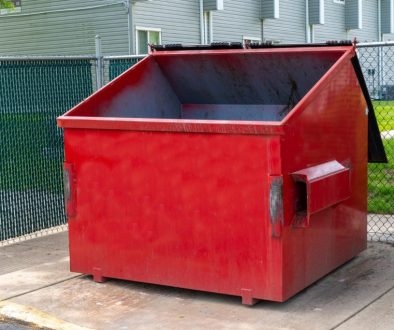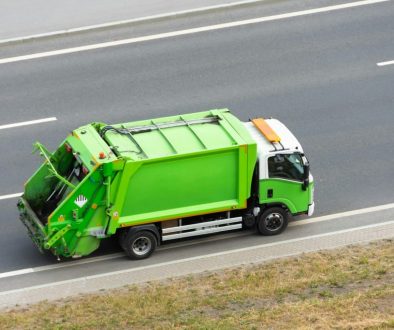Handling hazardous waste can be tricky, but it’s crucial for keeping your home safe and protecting the environment. Many everyday items, such as cleaning products, batteries, and old paint, can be classified as hazardous waste. Recognising these items is the first step to disposing of them properly.
Adhere to these regulations and use approved disposal methods to help keep your community safe and clean.
Identifying Common Types of Hazardous Waste in Households
Identifying hazardous waste in your home is the first step to properly handling and disposing of it. Here are some common types you might find:
1. Cleaning Products: Many household cleaners contain harmful chemicals. Bleach, ammonia, and drain cleaners are dangerous if ingested or inhaled and can cause burns if they contact your skin.
2. Paints and Solvents: Leftover paints, thinners, and varnishes often contain VOCs (volatile organic compounds) that can be toxic. These substances can release harmful fumes and need particular disposal.
3. Batteries: Single-use and rechargeable batteries contain metals like lead, cadmium, and mercury. Mismanaging these elements can result in environmental contamination.
4. Pesticides and Fertilisers: Products that kill pests or enhance plant growth often contain hazardous chemicals. These can be harmful to humans, pets, and wildlife.
5. Electronics: Items like old phones, computers, and televisions house hazardous materials, such as batteries and heavy metal components.
Identifying these types of hazardous waste enables safer handling and disposal, protecting your health and the environment.
Steps to Safely Handle and Store Hazardous Waste at Home
Handling and storing hazardous waste safely is crucial to avoid accidents and ensure they are disposed of correctly. Here are essential steps to follow:
1. Wear Protective Gear: Always wear gloves and eye protection when handling hazardous waste. This prevents skin contact and protects your eyes from splashes.
2. Use Proper Containers: Store waste in sturdy, leak-proof containers. Ensure the lids fit securely. Never use food containers to store toxic materials, which can cause confusion and contamination.
3. Label Containers Clearly: Label each container clearly with the contents and any hazards. Information such as “flammable,” “toxic,” or “corrosive” helps anyone handling the waste understand the risks.
4. Keep Waste Separate: Avoid mixing different types of hazardous waste. Group similar items together to prevent dangerous reactions. For example, chemicals can be stored separately from batteries.
5. Designate a Storage Area: Choose a well-ventilated, dry place away from living areas to store hazardous waste. Use locked cabinets or storage rooms to keep the area out of direct sunlight and away from children and pets.
By following these steps, you help ensure hazardous waste is managed safely until it can be appropriately disposed of. This reduces the risk of accidents and protects everyone involved.
Local Guidelines and Regulations for Hazardous Waste Disposal
Understanding local guidelines and regulations for hazardous waste disposal ensures compliance and helps protect the environment. Different councils may have specific rules, so being informed is essential.
1. Council Collection Services: Many local councils offer hazardous waste collection services. Check your council’s website for the schedule, accepted items, and any preparation steps you need to take before disposal.
2. Designated Drop-off Sites: Some areas have facilities specifically for hazardous waste disposal. These sites often accept a broad range of hazardous materials and ensure they’re managed safely. Find your nearest facility online or through your council.
3. Regulations to Follow: Follow any regulations about how to sort and prepare your waste for collection or drop-off. For example, some items might be in their original containers, while others need to be labelled with specific information.
4. Legal Penalties: Be aware that improper disposal of hazardous waste can result in legal penalties. Fines and other penalties exist to ensure these materials are handled safely, protecting public health and the environment.
Following these local guidelines and regulations ensures that hazardous waste is disposed of correctly and safely.
Best Practices for Disposing of Hazardous Waste Responsibly
Disposing of hazardous waste responsibly is essential. It protects both people and the environment. Here are some best practices to follow:
1. Separate and Label Waste: Always keep different types of hazardous waste separate and clearly labelled. This prevents dangerous reactions and helps waste processing facilities treat the materials correctly.
2. Utilise Recycling Programmes: Some hazardous materials can be recycled. For instance, many electronics and batteries have recycling programmes. Find out where you can take these items for safe recycling.
3. Use Proper Containers: Ensure all hazardous waste is stored in appropriate, leak-proof containers until disposal. This helps prevent spills and other accidents.
4. Follow Collection Guidelines: Adhere to the disposal guidelines provided by your local council or designated facilities. This ensures your waste is accepted and managed correctly.
5. Educate Others: Share your knowledge about hazardous waste disposal with friends and family. The more people practise safe disposal, the better for everyone’s health and the environment.
6. Professional Services: If you have significant amounts of hazardous waste, consider hiring professional services. They have the expertise and resources to dispose of waste safely and legally.
By practising these responsible disposal methods, you help protect the environment and support public health.
Conclusion
Disposing of hazardous waste is vital for the safety of your home and the environment. Recognising everyday hazardous items, handling and storing them safely, and adhering to local guidelines ensures these materials are disposed of correctly and responsibly. By following best practices, we minimise risks and safeguard our surroundings.
Responsible waste management benefits everyone. It reduces the chance of accidents and pollution. Small changes in how we manage hazardous waste can make a big difference. Remember to protect yourself with proper gear, use suitable containers, and label everything clearly.
If you need to hire a skip in Crewe for your hazardous waste disposal, Enviro Skip Hire is here to assist. We offer specialised services to ensure your waste is managed safely and complies with regulations. Contact Enviro Skip Hire today to see how we can help make your home and environment safer!




